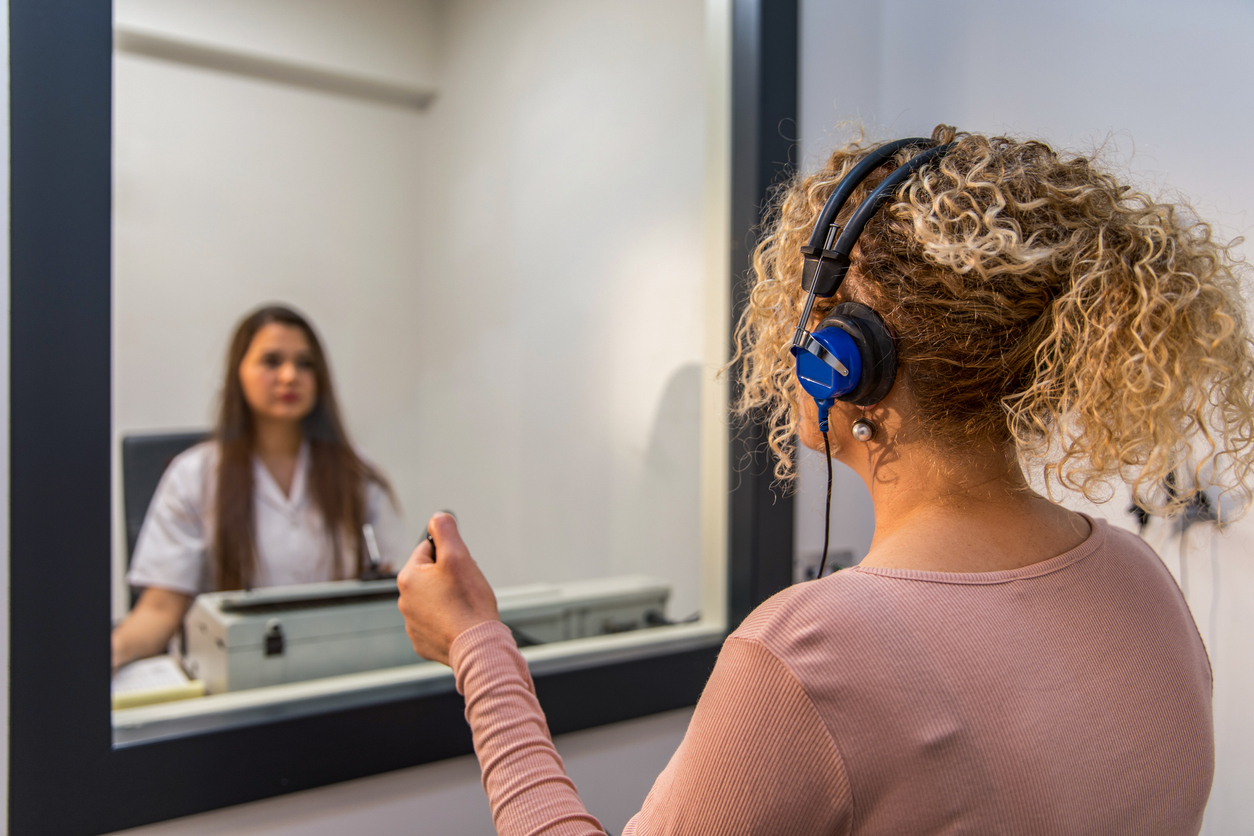Your hearing is a gateway to enjoying conversations with friends, listening to music and catching every word of your favorite fall movies at Duluth Theatre. With all the sounds it brings, you probably want to ensure you’re doing everything possible to protect your hearing. A hearing test is the first step to caring for your ear health.
Why Do I Need a Hearing Test?

Most people think they only need a hearing test once they notice things sound muffled, but that isn’t the only time you should get one. Recommendations vary by age, but getting a yearly checkup is usually a good idea. Your hearing specialist can give you a more specific timeline based on your needs.
Scheduling regular checkups helps catch problems early, paving the way for prompt treatment and preventing untreated hearing loss from interfering with your life. If you struggle to understand speech or find yourself turning up the volume on your TV more than usual, you should schedule a hearing test right away, regardless of your last test.
What Can I Expect From a Hearing Test?
Most hearing tests follow these steps:
- You will sit in a soundproof room and wear headphones
- Your audiologist will play sounds through the headphones to one ear at a time
- They will ask you to raise your hand or press a button when you hear the sound
- After the test, they will chart your results on an audiogram—a visual representation of your hearing abilities
The test is quick and easy. It measures how well you can hear sounds at different volumes and frequencies. Depending on your case, they may also conduct the following:
- Speech-in-noise test. Many people with hearing loss struggle to understand speech amid noise. During a speech-in-noise test, your hearing specialist will play speech over a soundtrack of background noise to mimic busy environments.
- Tympanometry. When sound enters your ears, it vibrates the eardrum before moving into the inner ear. Tympanometry measures how well your eardrum moves.
- Ear exam. They may check for physical blockages, like earwax or fluid, that could interfere with hearing.
When Do I Get My Results?
You should get your results during your hearing test appointment. You don’t need further action if your results reveal no hearing loss. If they reveal hearing loss, your specialist may recommend hearing aids to help manage the condition and bring your favorite sounds back to life.
Approximately one in eight people over 12 years old in the United States has hearing loss. Scheduling regular hearing tests is the best way to ensure untreated hearing loss doesn’t interfere with your life. If you’re ready to take charge of your hearing health, contact Hearing Wellness Center today.